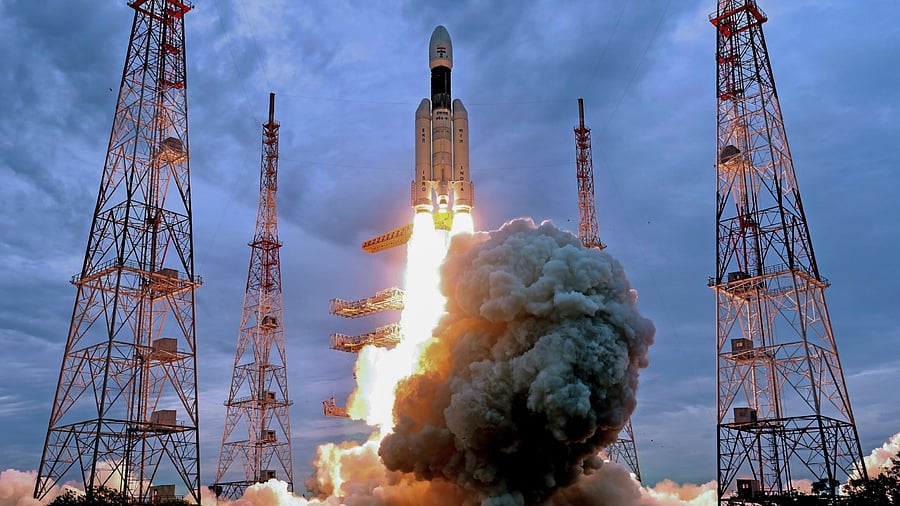
As the country celebrated the successful launch of Chandrayaan-3, the scientist fraternity in the city called it a significant milestone for India and hoped the mission would lead to scientific breakthroughs in the study of the moon.
"Chandrayaan-1 has given us insights into the presence of water on the moon. Chandrayaan-3 is significant for India since the data will help us establish our findings from Chandrayaan-1. It will also prove that India is second to none in space exploration," Dr P G Diwakar, Indian Space Research Organisation (ISRO) Chair Professor at the National Institute of Advanced Studies, and former Scientific Secretary at ISRO, said.
Prof Annapurni Subramaniam, Director at the Indian Institute of Astrophysics (IIA), said it was important for India to explore the southern part of the moon since many studies have indicated the presence of water in the region. She added that “every step from here” is crucial. ISRO is aiming for a soft landing on the moon on August 23.
"The payloads have just been launched. There are many more milestones to come before we land on the moon,” the IIA Director said.
The scientific community is keeping its fingers crossed this time as in 2019, Chandrayaan-2, after a successful launch, saw its lander and rover crash on the moon’s surface. The national space agency conducted detailed analyses of the unsuccessful landing attempt to fine-tune the new mission.
